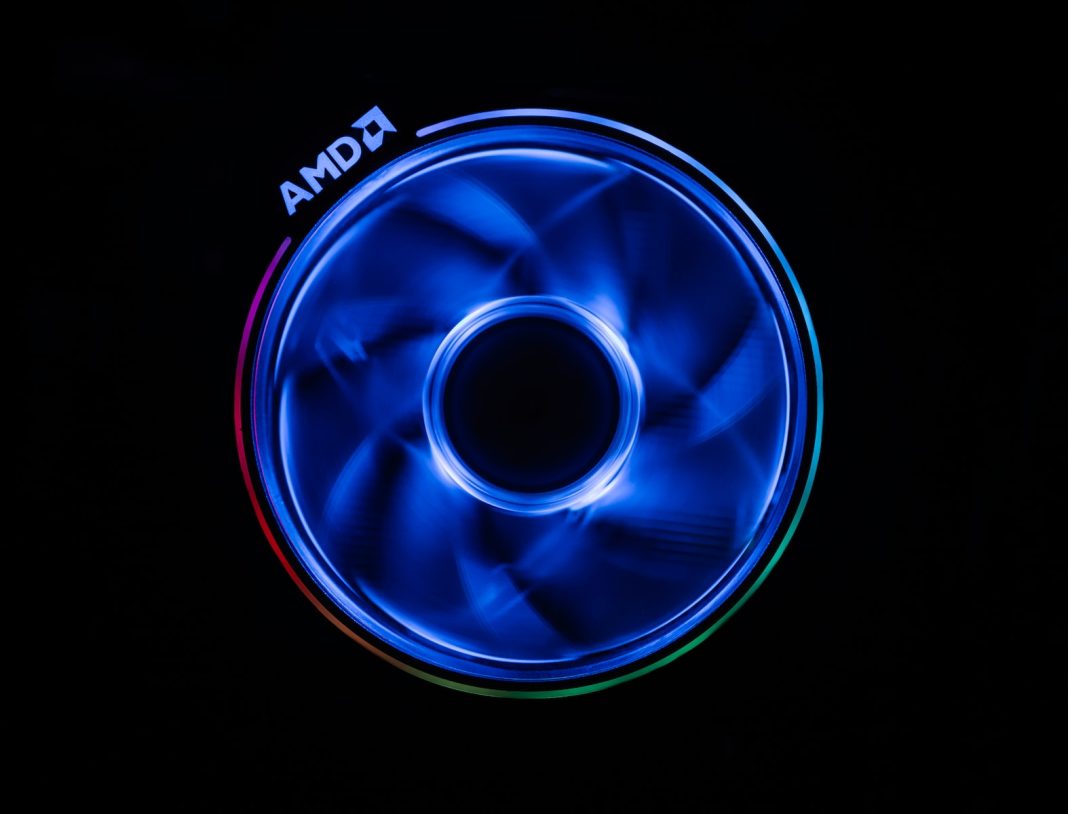The proliferation of artificial intelligence (AI) tools and chatbots has been a source of great excitement for many, as it promises to revolutionize industries and improve daily lives. However, this rapid growth in AI technology is giving some gamers and tech enthusiasts flashbacks to a previous phenomenon that wreaked havoc in the gaming community: cryptomining.
Several years ago, during the crypto-mining craze, gaming GPUs were in high demand as cryptocurrency miners scrambled to acquire the powerful hardware for their mining operations. Now, history seems to be repeating itself in a different form, as businesses are reportedly snapping up consumer GPUs to fuel their AI ambitions.
Social media platforms have become a sounding board for frustrated individuals, who are voicing their concerns about cloud-based GPU resources being fully booked. In what is described as a ‘service farm,’ GPUs, particularly Nvidia GeForce cards, are being utilized extensively, resulting in a scarcity of hardware supplies that are reserved for the foreseeable future.
This development has sparked worries among gamers, who vividly remember the impact of the previous crypto-mining rush on their ability to obtain high-performance GPUs. The situation appears more alarming as Nvidia’s domination in the AI arena, primarily due to its groundbreaking tensor core technology, could potentially exacerbate the situation for gamers compared to the crypto-mining era.
The recent sighting of ‘AMD Radeon RX 7900 XTX’ boxes in the wild has further fueled concerns. These graphics cards, which have earned accolades with a five-star rating and the prestigious Editors Choice award, are highly sought after by PC gamers. The thought of such impressive GPUs predominantly being employed for non-gaming purposes is disheartening for gaming enthusiasts.
While the rise of AI technology offers numerous benefits, such as improved productivity and innovative creative tools like Adobe Firefly, the surge in demand for AI products is putting immense strain on compute-focused GPUs. The consequence of this heightened demand could potentially lead to a reduction in GPU stock, thereby making it even more challenging for gamers to acquire new GPUs and, ultimately, driving up prices.
Industry experts predict that it might only be a matter of time before the AI boom infiltrates the gaming world, causing a ripple effect that could impact gamers worldwide. As the situation unfolds, gamers are urged to brace themselves for the potential challenges ahead.
In conclusion, while AI’s meteoric rise promises a brighter future in many respects, its current impact on the GPU market is raising eyebrows and causing concerns among gamers and tech enthusiasts. As the demand for AI tools continues to grow, stakeholders in both the AI and gaming industries must find a delicate balance to ensure fair accessibility and pricing for all consumers. Only time will tell how these developments will unfold, and in the meantime, the gaming community holds its breath, hoping for a future that remains favorable for their beloved pastime.


